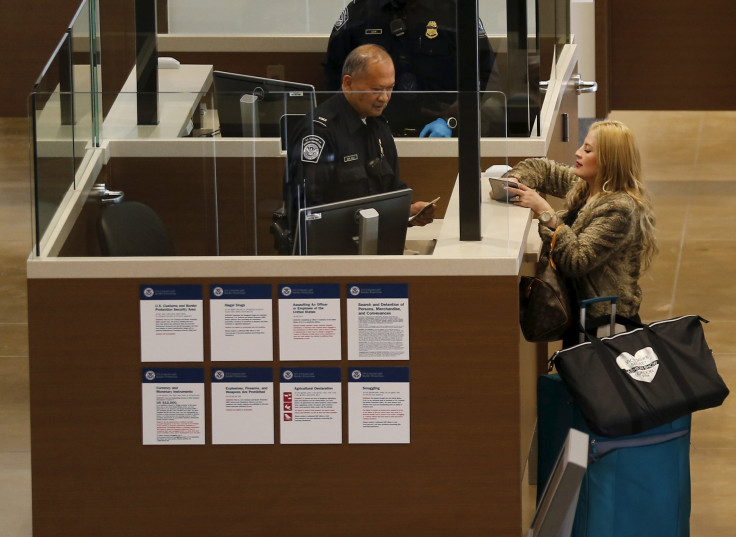Extreme Vetting Means Facebook Passwords And Bank Records Of Travelers To US May Be Required, Official Says

The legal gray area called "extreme vetting" that President Trump has long touted as a crucial part of his immigration policies has been further defined by his administration, according to a new report by the Wall Street Journal Tuesday morning. Any non-American citizen traveling to the U.S. under any circumstance might be forced to disclose the most personal of information to customs officials, regardless of the length of stay.
"If there is any doubt about a person’s intentions coming to the United States, they should have to overcome—really and truly prove to our satisfaction—that they are coming for legitimate reasons," Gene Hamilton, the top adviser to Homeland Security Secretary John Kelly, said.
Read: What Does Vetting Mean? Trump’s ‘Extreme’ Executive Order Explained
While the proposed laws and regulations — which could include travelers perhaps having to hand over sensitive information like financial documents, bank records and passwords to social media accounts, like Facebook — have not gone into effect, they provided a glimpse into the thought process behind the Trump administration's approach to its immigration policies.
Days after he was inaugurated, Trump signed two of what would become many executive orders in a series that has persisted throughout his brief White House tenure. The president would later go on to defend a travel ban — two versions of which would ultimately be struck down by federal judges — and its policies that have come to be known as "extreme vetting."
"It's called extreme vetting. We are going to areas like Syria where they're coming in by the tens of thousands because of [President] Barack Obama and [Democrat] Hillary [Clinton]," Trump told former Secretary of State Hillary Clinton during their second presidential in October.
Trump's proposed travel ban would prevent citizens from several Muslim-majority countries from traveling to the U.S. for at least 90 days. A federal judge in Hawaii extended a restraining order he placed on the second incarnation of the travel ban on Thursday, further blocking it's immediate implementation.
© Copyright IBTimes 2024. All rights reserved.












